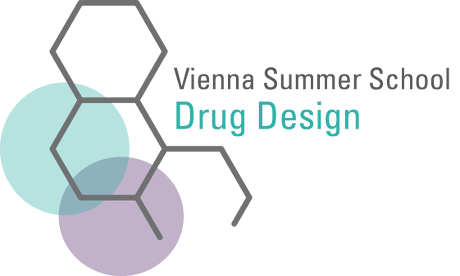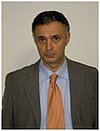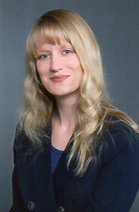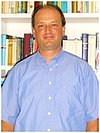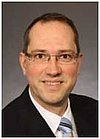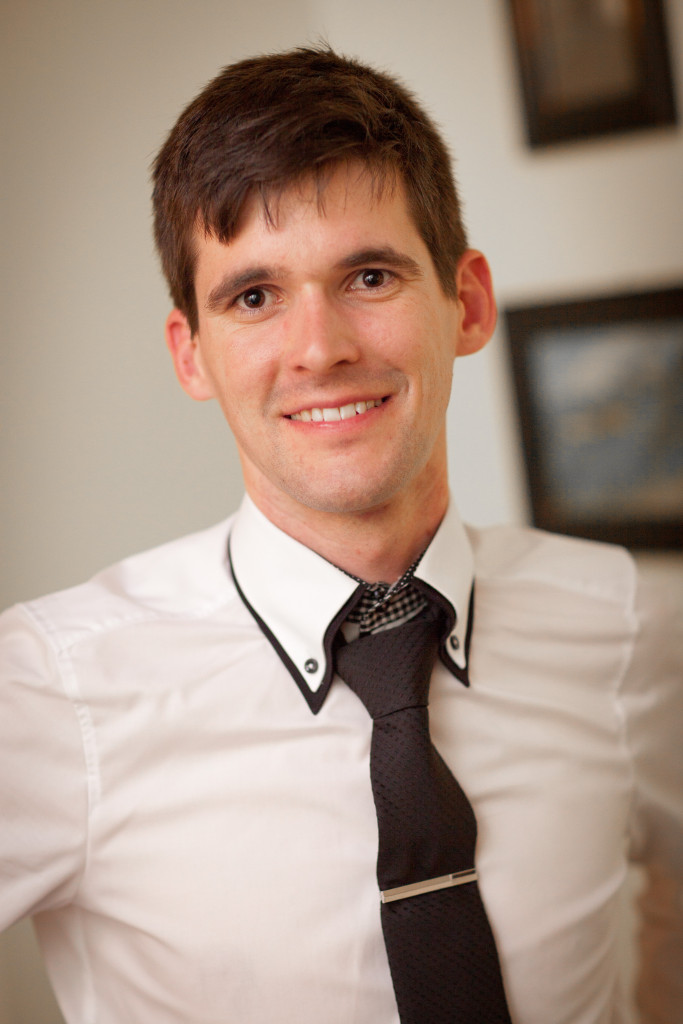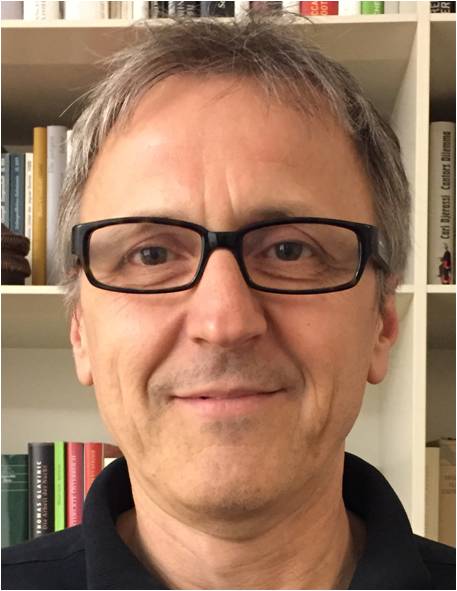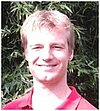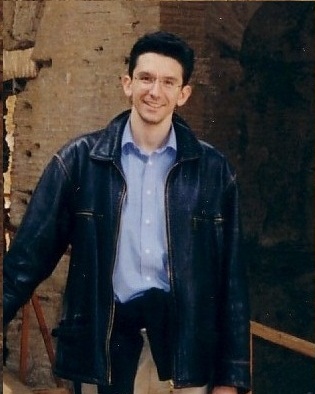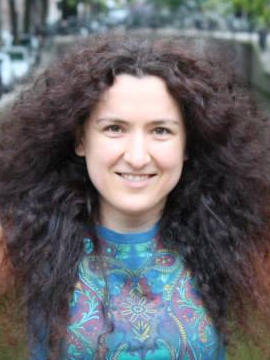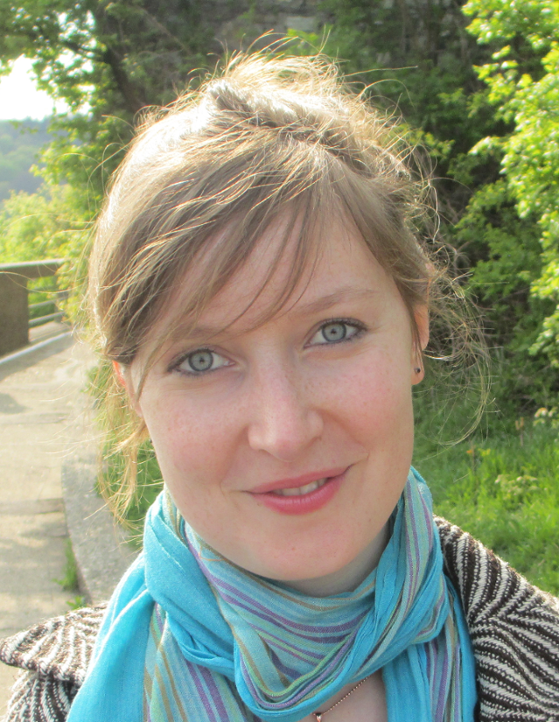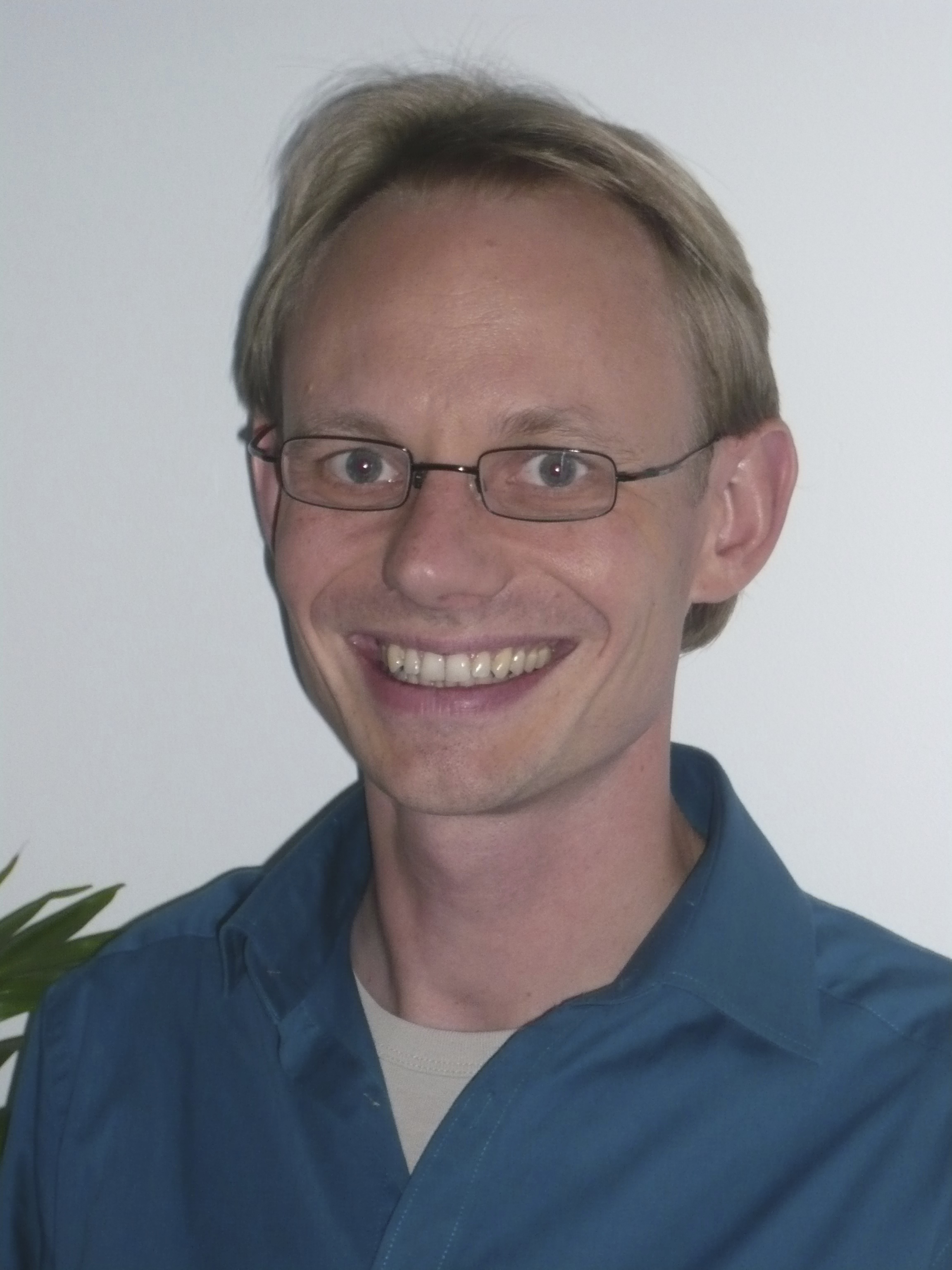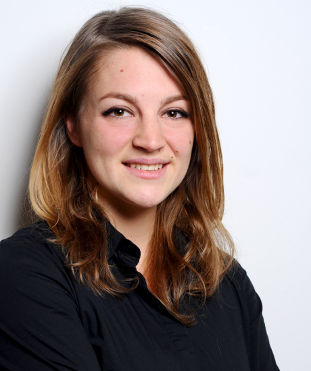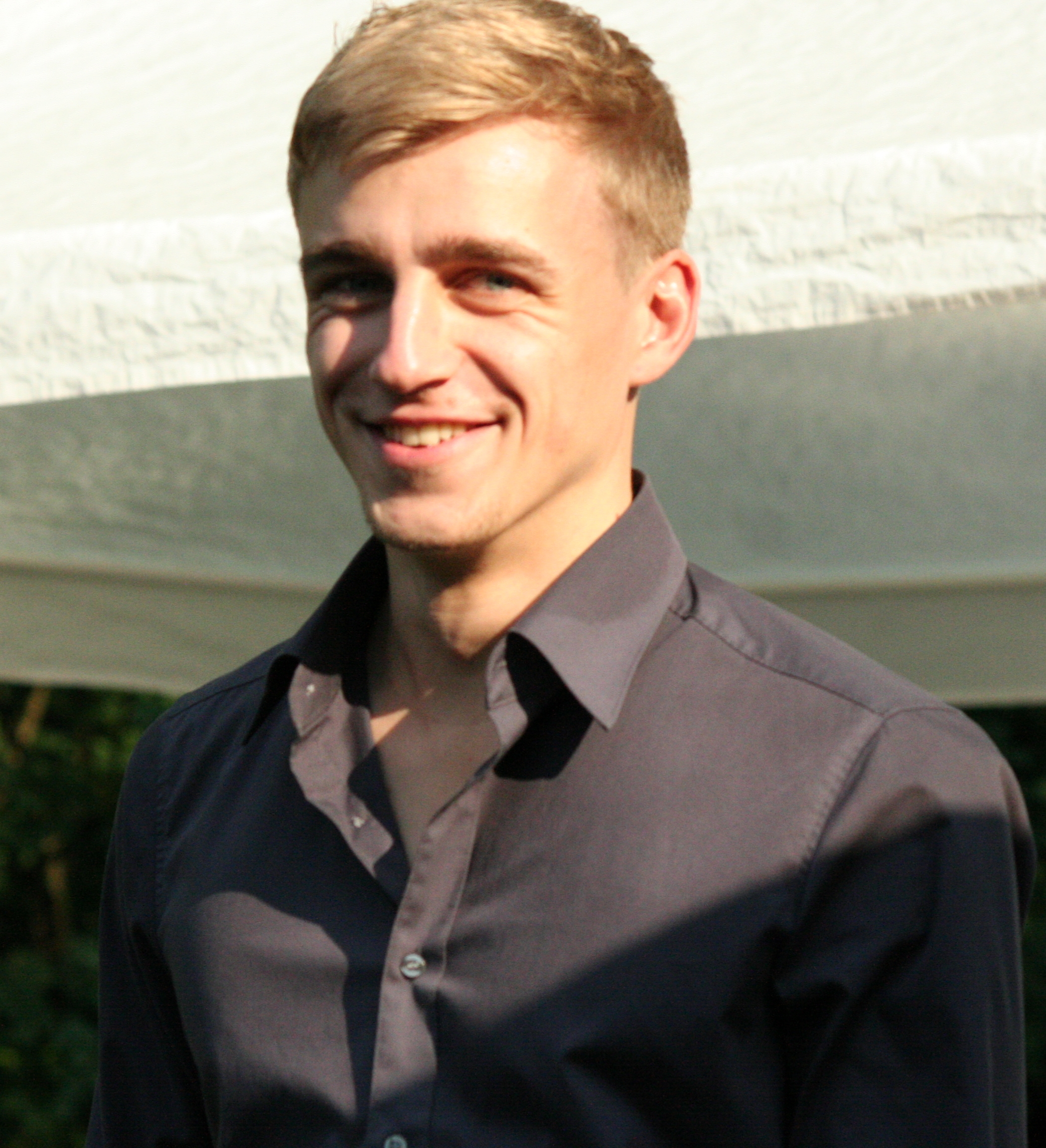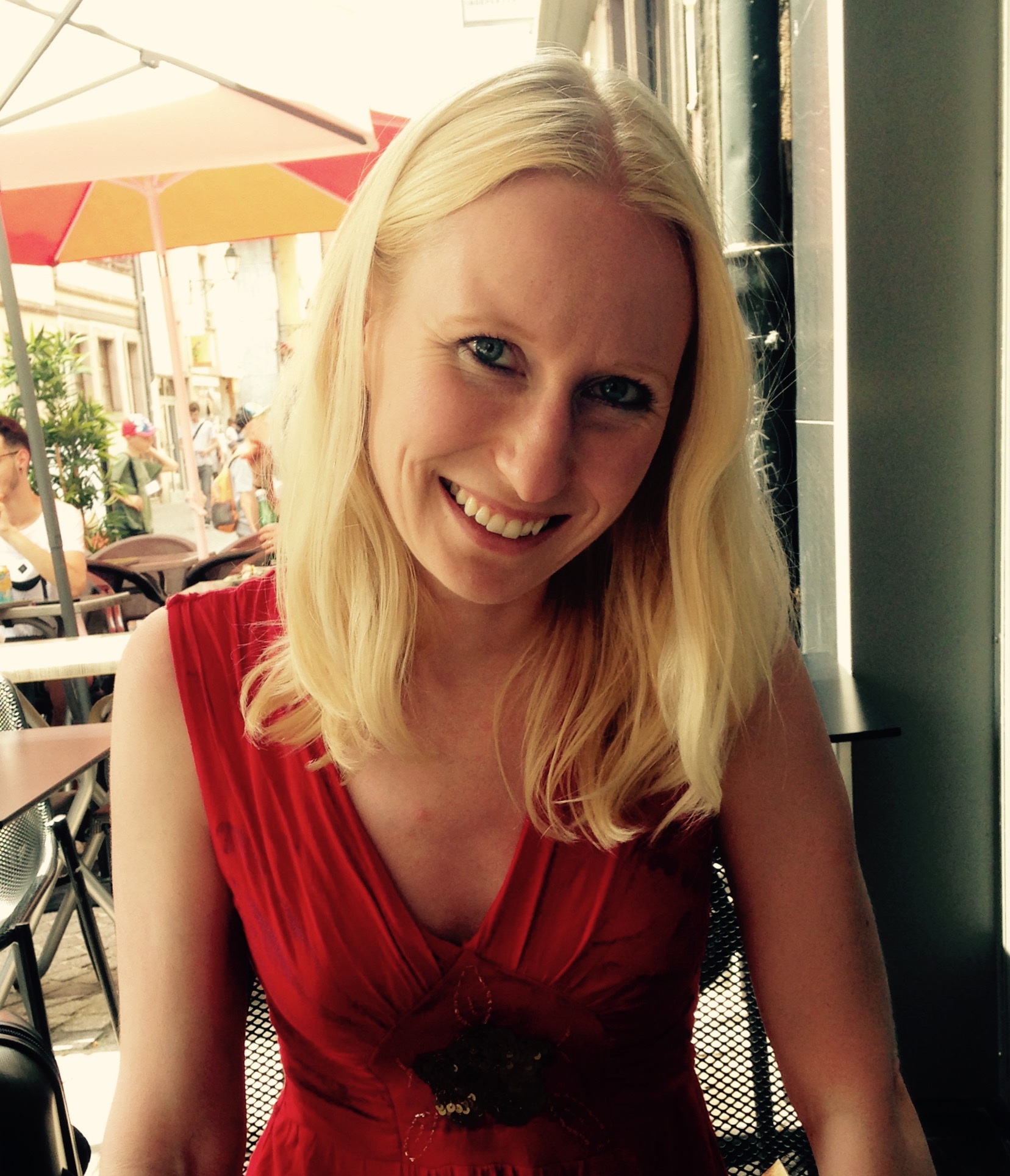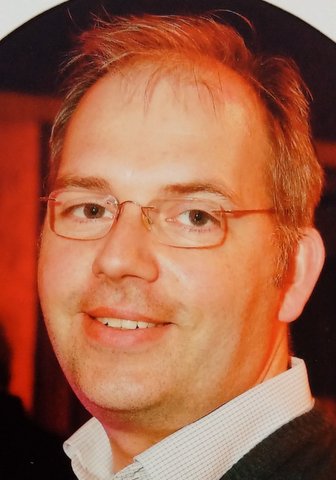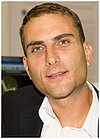Speakers 2015
Maciej Baginski
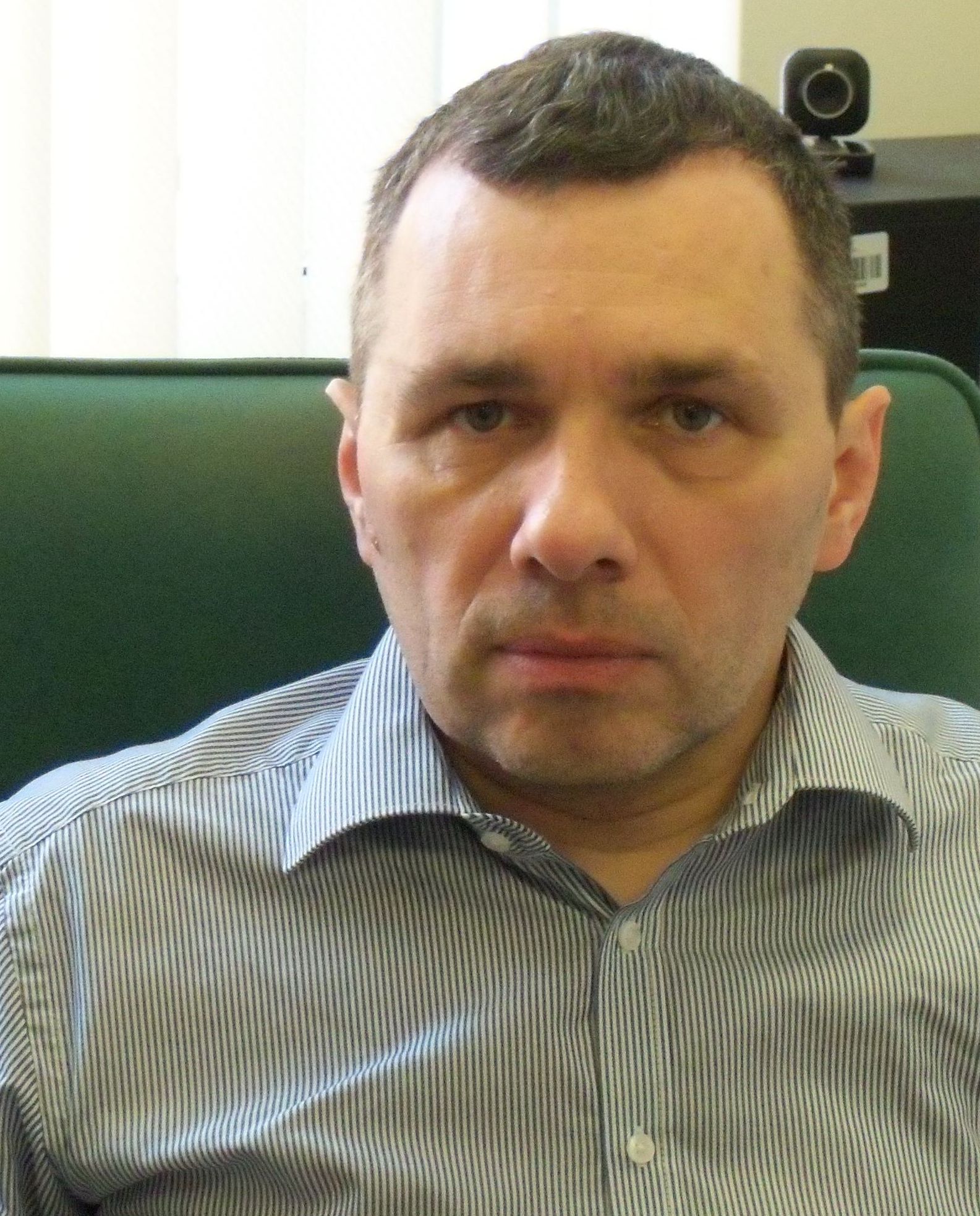
ELABORATION OF PHARMACOPHORE STRUCTURE OF NEW TARGETS BY MOLECULAR DYNAMICS SIMULATION - CASE STUDY
Maciej Baginski. Maciej Baginski is Associated Professor at the Faculty of Chemistry, Gdansk University of Technology (GUT), Poland. He is a head of Molecular Chemotherapy Group at the Department of Pharmaceutical Technology and Biochemistry. He received his Ph.D. in chemistry from GUT in 1995. He received his D.Sc. in 2007 in biophysics from Polish Academy of Science, Warsaw. He held postgraduate training in theoretical chemistry at Warsaw University, Poland in 1989 and in medicinal chemistry at Camerino University, Italy in years 1991/1993. He hold his postdoctoral training as a Fulbright fellow at University of California in San Diego, USA in 1995/1996 (group of Prof. A.J. McCammon). Prof. Baginski received the International Europe Award for the studies on amphotericin B membrane channels from the Rottendorf Foundation, Germany in 2003. His scientific collaborations covered groups from USA, France and Italy. His research is mainly focused on molecular mechanism of action of antifungal polyene macrolide antibiotics. Additionally, his new interests cover studies of DNA-ligand interactions, especially with DNA telomeric sequences and telomere associated proteins as well as protein membrane systems. In his scientific activity he uses different computational chemistry and state-of the art molecular modelling methods including thermodynamics to study drug-target interactions.
